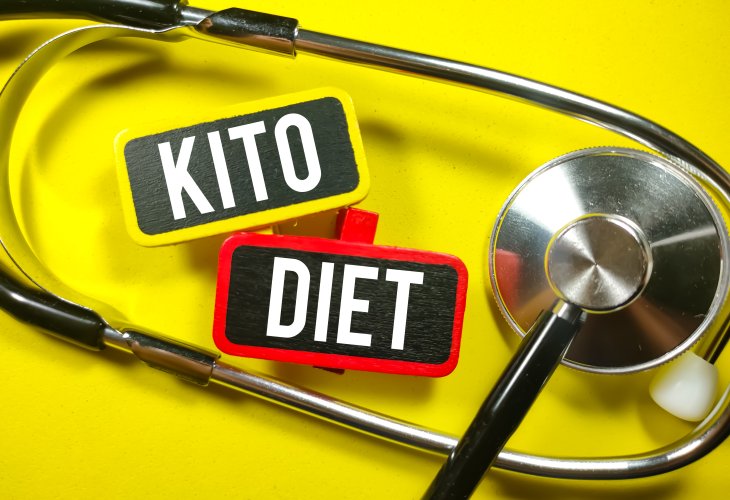The Common Keto Mistake That's Blocking Your Weight Loss
Considering starting a protein-based keto diet? Here's the mistake you might make that could halt your progress.

The start of my keto diet was amazing.
By the second week, I noticed my stomach shrink, the bloating disappeared, and a few close friends praised the change. Such a delight. I felt like I've found my method, my diet, my true love - and above all, there's plenty to eat. I didn't have to starve myself.
The truth is, I still feel that way, but there's a big 'but' I wasn't aware of earlier, even after reading dozens of articles and thinking I knew the method well.
At some point, the drastic weight loss came to a halt, and I didn't understand why.
I thought I was doing (or at least trying to do) everything by the book, and I couldn't see what was causing this plateau. That is, until I stumbled upon an English article that opened my eyes with a revelation I'd like to share with those considering the wonderful keto diet, which relies heavily on proteins and limits carbohydrates (up to 20 grams per day, some say 30).
The article I read referenced several studies on the topic, making it easy for me to believe that what I was reading was indeed grounded in evidence, not just hearsay. There is plenty of 'noise' online, and not every article can be relied upon.
But that wasn't the case with this article, which actually compared a keto diet to the Atkins diet, a comparison many (myself included) get confused by.
The Atkins diet hardly restricts protein consumption, and many doing keto mistakenly believe it's the same—thinking protein is unlimited. But here's what the article revealed to me: although keto involves eating a lot of protein, it's limited to 1-1.2 grams per kilogram of your body weight.
For most people, this amount is enough. But I'm sure that many people on keto consume protein excessively just because it's 'allowed'—and this protein converts into glucose, which then stops the weight loss.
Of course, it doesn't affect everyone the same, as other factors like metabolism play a part. But knowing this is crucial, particularly for those who turn to the ketogenic diet due to diabetes. They believe they're steering clear of sugar because they only consume protein, but herein lies the critical mistake.

